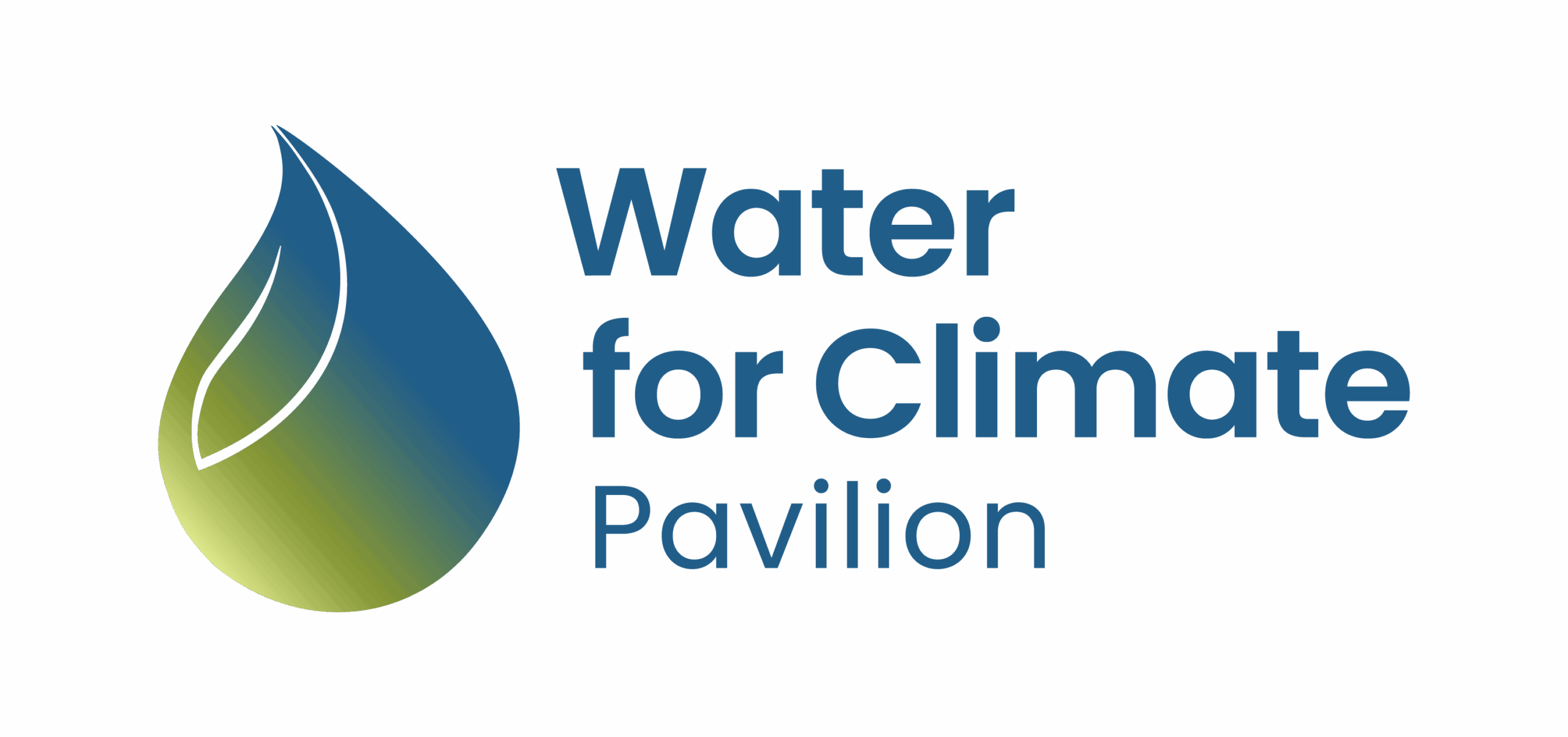0–5 min | Opening – Moderator
Introduction of the theme and speakers; framing water as both a risk factor and an opportunity for adaptation. Link between local actions and the Global Goal on Adaptation.
5–20 min | Intervention – Ana Asti (13 min)
- Water security as a pillar for adaptation and for reducing exposure to extreme events in the State of Rio de Janeiro.
- Integration of water resources management, sanitation, risk management, watershed and ecosystem protection, and support for vulnerable territories.
- Concrete examples of policies, institutional arrangements, and partnerships that strengthen resilience.
20–35 min | Intervention – Aparecida Vargas (13 min)
- CEIVAP’s experience in managing the interstate Paraíba do Sul River Basin.
- Water, energy, and adaptation: hydropower use, flood and drought management, conflict prevention, and planning instruments (basin plans, programs of measures, financial mechanisms).
- How basin governance supports resilience targets and contributes to the GGA.
35–50 min | Intervention – Nelson Rocha (9 min)
- Agroforestry Ecological Corridors Project supported by CAERJ.
- Contributions to water resources conservation, spring protection, carbon sequestration, inclusive rural development, and sustainable value chains.
- Public–private–community partnerships as enablers of scale and impact.
50–60 min | Audience Q&A and Final Wrap-up (10 min)
- Questions from the audience to the panelists.
- Closing key messages: Water as a cross-cutting axis of adaptation; the need for structured, long-term financing for local initiatives; invitation to cooperation with other countries, basins, and networks.
